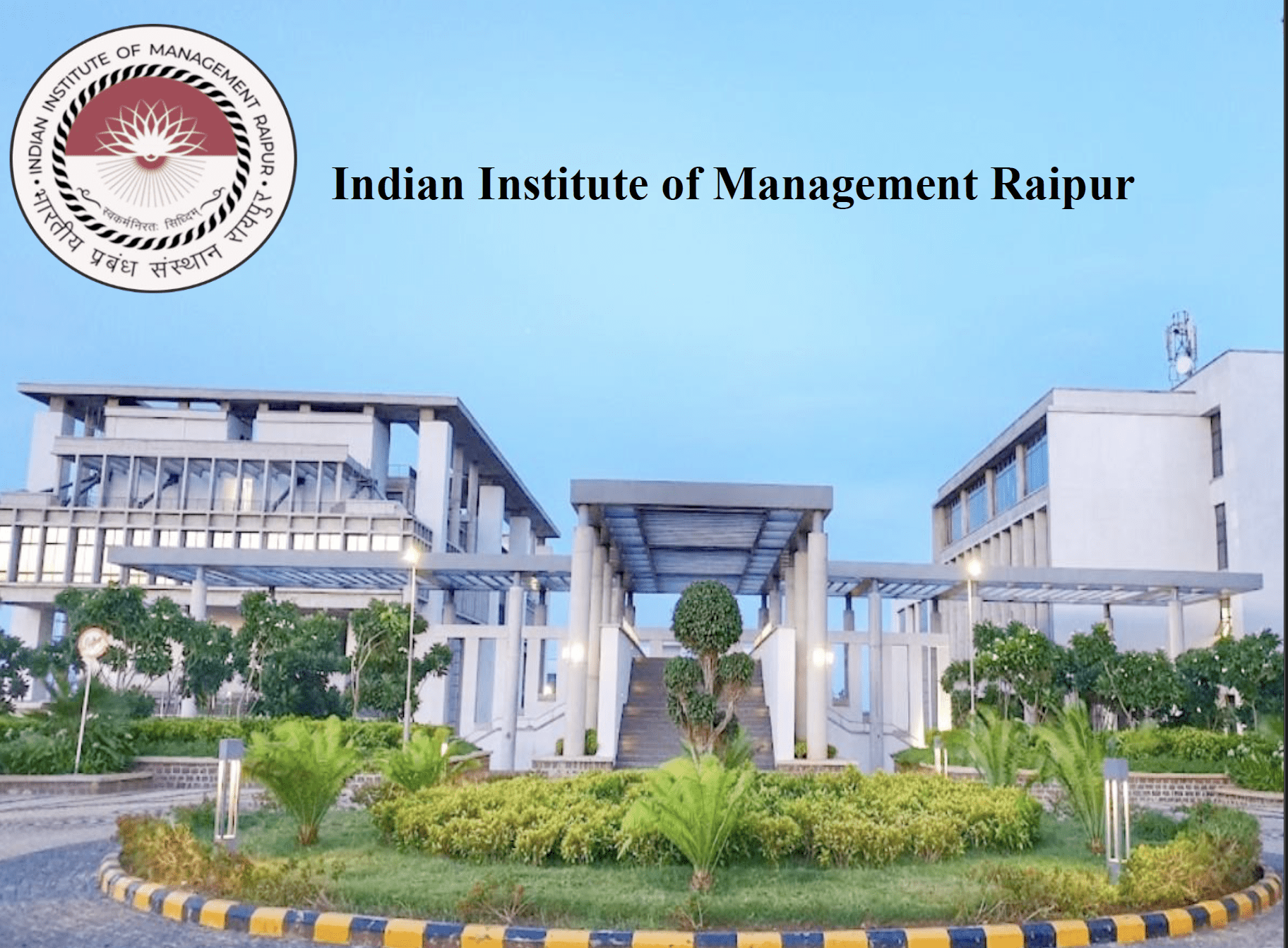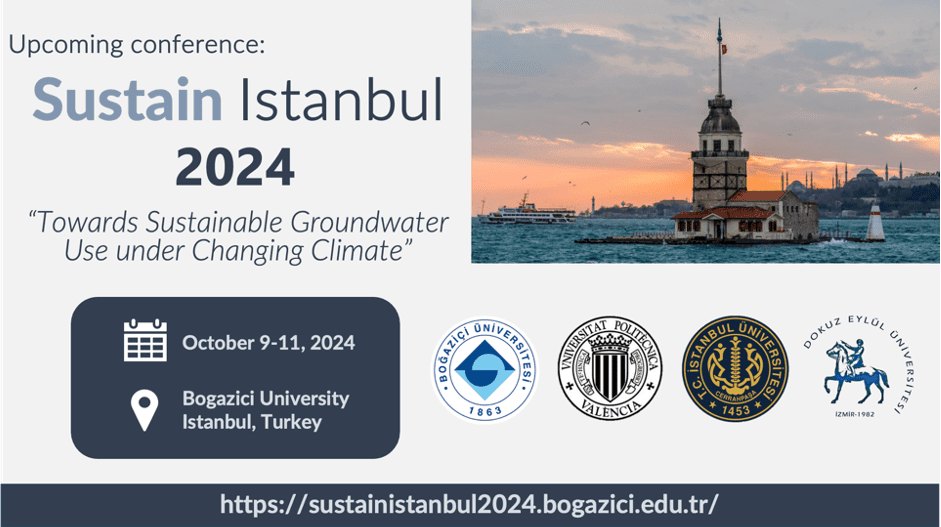Members are now able to add their System Dynamics-related events to the Society calendar
for greater engagement and visibility. Not a member? Join here.

- This event has passed.
International Conference on Regenerative Ecosystem (ICRE2023)
December 1, 2023 - December 2, 2023

The Context
The existing literature on sustainability may broadly be seen from the three dominant frameworks, viz., Circular Economy, Social & Solidarity Economy, and Ecological Economics.
Circular Economy Framework:
While there has been discussion of the circular economy for over two decades, there has been a growing interest in the application of the concepts and principles of Circular Economy in industrial clusters. Interestingly some of the factors that we have identified in our previous studies such as support systems, systems enablers, and decentralization of technologies for regenerative economies have also been reflected in the recent literature.
The EU has an elaborate policy on Circular Economy. Mass and Energy Transfer Balances in secondary and tertiary activities have been at the heart of studies in a circular economy. Sustainable Development Goal (SDG) Compass also largely adopts mass and energy balance techniques to help corporations transition to sustainability. SDG Compass is one of the least challenging tasks for large linear specialized value chain production-based corporations to align its value chain to meet a few of the indicators of the SDGs. The United Nationals Statistical Commission provides a workable list of SDG indicators that corporations can use to benchmark their achievements on SDGs. There is a growing understanding and experience of the limitations of these approaches toward achieving sustainability.
Social & Solidarity Economy Framework:
The Social and Solidarity Economy (SSE) evolved as a counter to the capital and technology-intensive features of the mainstream economy and focused on community participation and ownership in enterprises/cooperatives. Social Entrepreneurship as part of this field of study focused on the purpose of the enterprise being the people and not the external financial investors.
Ecological Economics Framework:
There have been increasing arguments on the limitation of the traditional TCA approaches of Oliver Williamson, Ronald Coase, and others. Douglas North and Ghosal are a couple of them to investigate. Recognizing the limits to Transaction Cost Analysis (TCA) in mainstream economics, there is a growing interest in ecological economics. Ecological economics is built on the increasing understanding that economics is embedded in the broader ecosystem that supports all human activity and hence economic analysis needs to be renewed to this new holistic understanding of the need for balance between artificiality in humans and nature.
First, Circular Economy focuses largely on the circularity of material movements through reuse, recycling, and reduction techniques. Second, Solidarity Economy focuses on building trust, fraternity, and sharing among the members of a community to build solidarity. Third, Ecological Economics attempts to revamp the current economic logic from an ecological time span and seek a balance between humans and nature. While the first is focused on Economics, the second is focused on Social, and the third is focused on Ecology.
The above international conference aims to bring together the existing sustainability frameworks from design factors of interconnected sub-systems and overall systems science perspective in the context of specific ecosystems, viz., (a) Natural Ecosystem, (b) Indigenous Ecosystem, (c) Rural Ecosystem, (d) Urban Ecosystem, and (e) Industrial Ecosystem.
Multi-disciplinary Themes in an Ecosystem Context
The conference invites research papers on the following multi-disciplinary interconnected themes viz., Relationships, Institutions, Primary Production, Secondary Production, Tertiary Production, Organization, Governance, and Ecology in the context of specific ecosystems and their regenerative capacities and cases, stories, or demonstration of regenerative ecosystems in natural, indigenous, rural, urban, and industrial settings with two or more of the above themes. The interconnections and interdependence of the above eight themes in the context of an Ecosystem may be visualized below.
W

